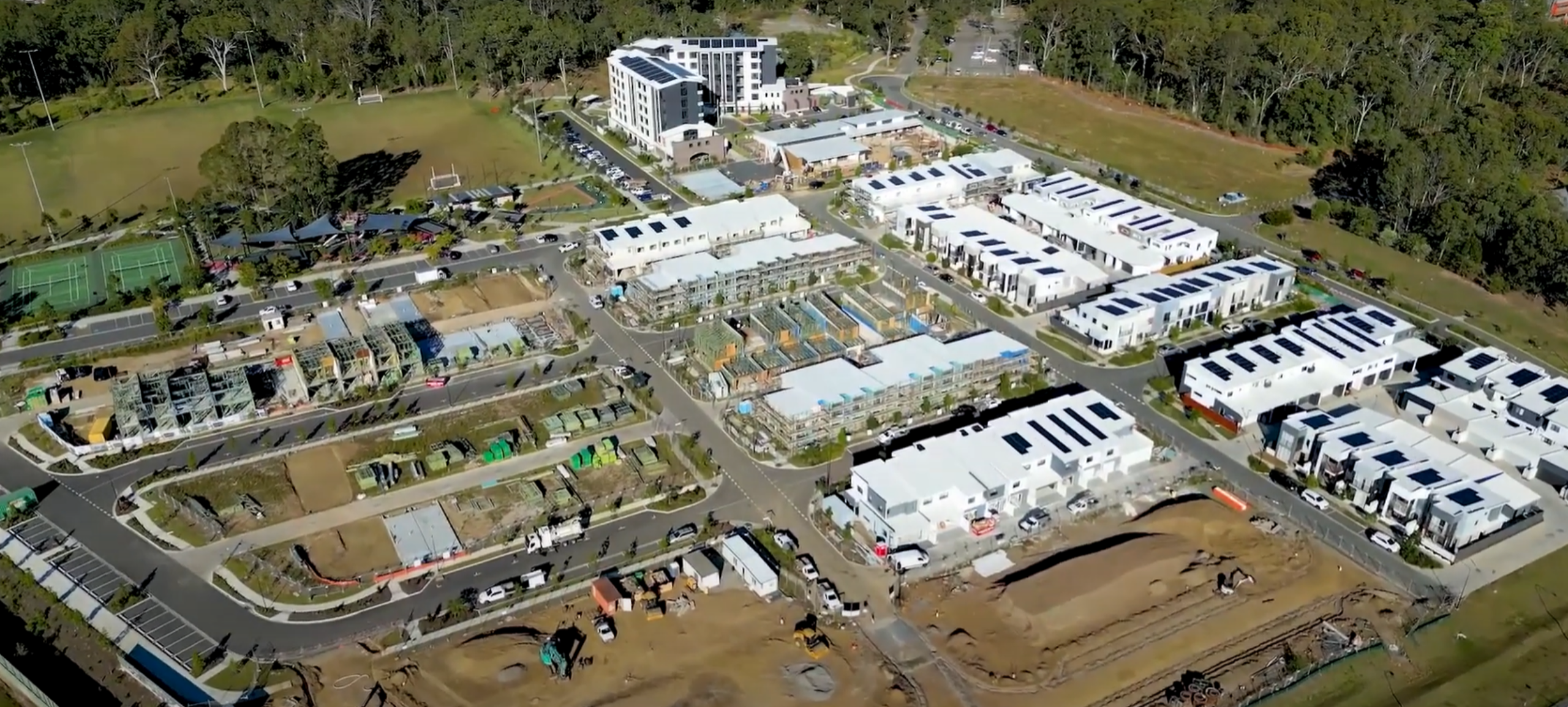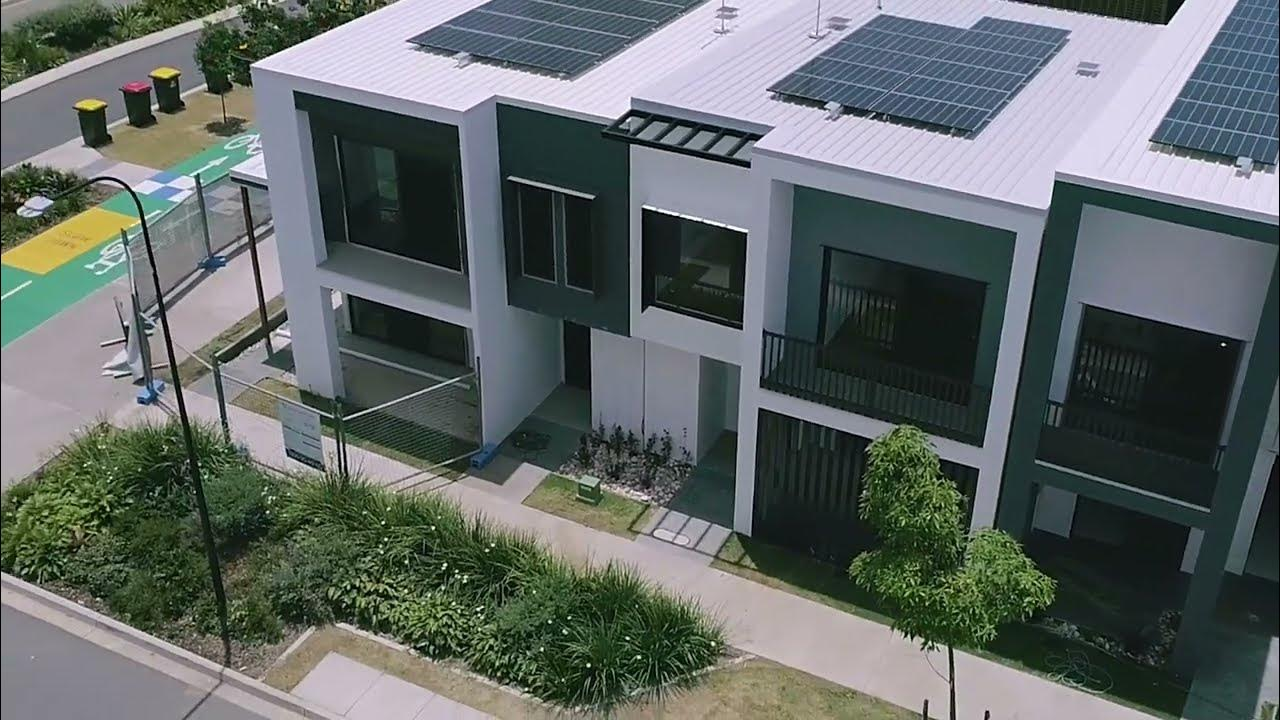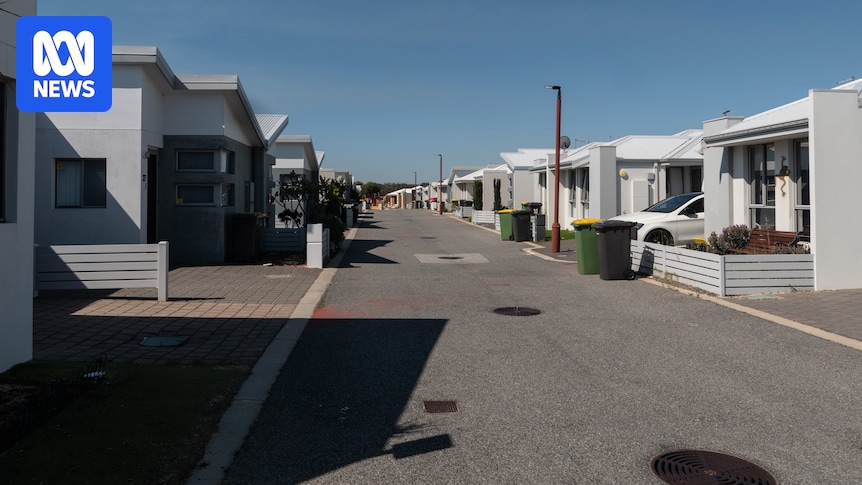That narrow street looks so awful: https://live-production.wcms.abc-cdn.net.au/e43976b189d514742d5ec4831a82a0ca?impolicy=wcms_crop_resize&cropH=3456&cropW=5184&xPos=0&yPos=216&width=862&height=575
Imagine how hard that treeless hellscape must make Satterly.
The important question I have is whether that actually is a street, or whether it’s an alley/laneway in a case where two rows of homes have their backs to an alley to allow the actual street to be nicer and less impacted by cars.
Holy fuck.
OK this is fucking terrible. From that photo I was hoping it would be more like this development in Brisbane that someone on Reddit showed me a couple of years ago:

Front doors are on streets and seem to look pretty nice:

Understandably it’s harder to find pics of the laneways at the back, but Google Streetview has some in a state that’s good enough to get the idea despite still being under construction.
But a whole suburb where every street looks like that is just terrible. It’s the worst way to increase density. Barely increasing it by any noteworthy amount, but making it an absolutely miserable environment to be in.
Make all those houses two storey while decreasing their width by about 30%. Then every house increases in floorspace by 40% while decreasing its footprint. Then they can fit more homes in the same area, and still have room left over to put in nice streetscaping.
Not even a footpath. Urban hell.
that looks like a trailer park without the grass
They’re sooOoo sOrRy

I get that there’s reasons some people want detached, single-title housing, but they could still have that if they built double-storey housing, achieve better density than this, and not make the suburb a hellscape.
Not having a strata title is pretty good, but yeah there are much better ways than this. Like I said in the other comment, make it two storeys (or frankly you could even do 3) while making them narrower to fit way more floorspace in while also creating plenty of space for more pleasant, green streets.
The trees shouldn’t care if we allow it or not. They should take back what’s theirs by force!

Rip up the road. Plant trees and a footpath and bikepath
Like the article speaks to, the developers are pushing on an open door with their customers/residents when it comes to no trees.
Theres a ‘language?/mode of communication?’ these people are speaking back and forth, from resident to developer, that i don’t hear, or if i do, i’m not understanding. Its irrational, but many are actively opting for housing like this.
people are opting for something they can fcking afford. If a developer crams batches on lots, they still make mint.
Yeah, lack of viable options due to budgetary constraints is definitely a chunky segment for sure, but by no means doesn’t make the whole.
A couple examples of indicative behaviour are,
Joondalup city having to rip out paved curbs areas that residents laid for extra parking instead keeping or planting foliage.
Or Seville Grove having public trees ripped out by residents of the area the trees were planted in,
Theres just a sizeable segment of our population that don’t appreciate the natural environment in any meaningful way. It does ourselves a disservice to ignore this cohort, because they present a different sort of obstacle to effective climate action at a local level.








